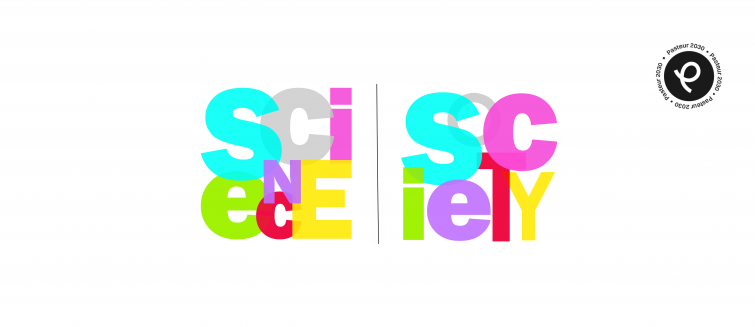
July 25, 2025
Bulletin interne de l'Institut Pasteur


The Institut Pasteur as a vehicle for ethical, responsible research: raising awareness about dual-use research on pathogens and consulting the international scientific community about "mirror life"

As emphasized in the Strategic Plan, "a steadfast commitment to research integrity and exemplarity in ethics and responsible science is essential to pursuing the missions of the Institut Pasteur." The Institut Pasteur's scientific research is based on the principles of honesty, rigor, reliability and transparency while observing the most stringent standards. This approach guarantees the quality of our findings and scientific discoveries. It is also crucial in maintaining a dialog between science and society and upholding public confidence.
To safeguard and strengthen its culture, the Institut Pasteur draws on several internal committees and bodies, as well as an ethical charter and several reference texts to ensure that it is applying the highest possible standards. Its commitments in this area also involve training and awareness initiatives among the Institut Pasteur community to highlight the ethical challenges facing research today.
The Institut Pasteur also initiates and guides debates within the international scientific community on research topics that may give rise to fears of abuse or represent a threat for humanity and the environment. In June, for example, an event was held on the Institut Pasteur campus to discuss the need for caution, transparency and broad-based consultation in view of the challenges raised by "mirror biology."
This position adopted by the Institut Pasteur demonstrates its commitment to conscious, responsible science for the benefit of society.
• Training and raising awareness in dual-use research of concern
Dual-use research of concern refers to research projects that, in the event of misuse or incidents, may have unacceptable consequences for human or animal health or for the environment. This applies to both research outputs and the related knowledge and technologies.
To this end, the Institut Pasteur has adopted a process to monitor projects involving dual-use research of concern so that the risks can be assessed, responsibility shared between the scientists and the institution, and measures taken to comply with the requirements of funding bodies and scientific journals. This monitoring process is currently applied to research projects in virology, but the aim is to extend it to all research involving pathogens.
Dedicated sessions will be held in the autumn to raise awareness of these challenges among research teams and support staff. After a short theoretical presentation, participants will be asked to take on the role of members of the committee responsible for assessing dual-use research projects, identifying risks, and making recommendations where necessary.
If you are interested and/or you believe that your work involves this type of experiment, whether you are a technician, engineer, PhD student, postdoctoral fellow, researcher, unit head or member of support staff (with a scientific background), the Legal Affairs Department is running a practical workshop on the topic on Thursday September 25 at 10am or 2pm, and on Friday October 3 at 10am.
The sessions will be held in French and if needed also in English (on request).
 To sign up, please email durc@pasteur.fr (max. 16 people).
To sign up, please email durc@pasteur.fr (max. 16 people).
More information about the monitoring process
Find out more about the Institut Pasteur's Ethics Committees
• Inviting the international scientific community to participate in responsible dialog – the example of "mirror life"
On June 12 and 13, the Institut Pasteur hosted an international conference on the potentially unprecedented risks of "mirror life," or chirality, a little-known research topic that is raising concern among the scientific community with regard to potential dangers and abuses. Organized in partnership with the Mirror Biology Dialogues Foundation, the conference was the first in a series of global events set to be held throughout 2025 and 2026 to explore research avenues and policy options to mitigate the potential risks of mirror life.
The event in June focused on assessing current scientific understanding of these risks. It followed on from an article published in the journal Science in December 2024, jointly authored by an interdisciplinary group of 38 scientists (from France, Brazil, China, Germany, India, Japan, Singapore, the United Kingdom and the United States) who are concerned at the emergence of mirror bacteria that could disrupt ecosystems and public health if allowed to develop uncontrolled. The group, composed of several scientists who had previously tried to create mirror bacteria, argue that mirror life must not be created – a position largely supported by the scientific community.
With this event, the Institut Pasteur consolidated its role in promoting debates to create links between science and society.